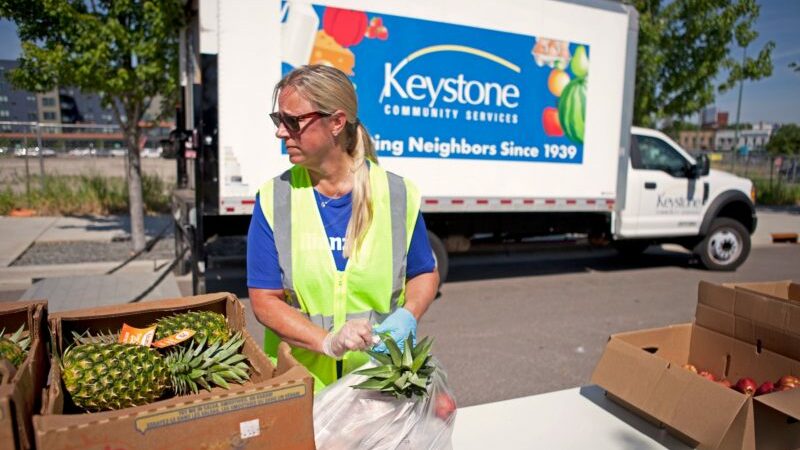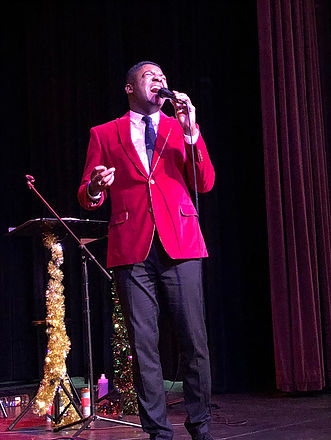Keystone responds to pandemic with creativity
by Jerry Rothstein
Keystone Community Services is one of the organizations with which our community is blessed — devoted to looking for areas of challenge and creating programs to help meet the needs involved. In its decades of service, staff and board members have engaged in an ongoing assessment, leading to the complex planning, fundraising and executive activities necessary to create responsive and effective solutions.
In many ways, Keystone and its people represent a group that has long recognized the critical situations that many in our community live with every day, and the stresses that come with constant pressure to put a roof over one’s head, food on the table, clothing for the family, health care and good education for the children. These represent the baseline of Maslow’s insightful “hierarchy of needs,” without which such goals as self-actualization and transcendence are not possible.
With the pandemic and measures taken to deal with it, now almost everyone sees that the crisis we are in now on a global scale is an expanded version of those critical situations Keystone and other agencies have been dealing with for years.
To learn how Keystone responded to the changes and intensifying needs, we spoke with President/CEO Mary McKeown. She began by recalling the growing shock experienced as the breadth of COVID-19 became clear, and its implications for every aspect of Keystone’s work.
“Even while we felt fragile, we used our strengths — some familiar to us and some new — to help us through the challenges,” McKeown said.
Keystone’s core strength begins with the genuine desire to look at and to reflect on real-world situations. Looking away may be momentarily easier, but it’s a luxury we can’t afford. Mary added, “Depending on its core values of building relationships and being there for the community, Keystone has shifted and changed every one of its programs since Covid began.”
In the process, Keystone has learned a lot about new ways to offer its programs.
Food support is critical. Linking with the food rescue movement, Keystone has increased its distributed food to include more than 50% of rescued food, up from 10%. To take advantage of this, new infrastructure was developed. A new community food site will add capacity for food that needs preservation. The drive-up food service, and monthly free grocery delivery program, join Meals on Wheels and have reached new clients.
The low-income population is a remarkable and somewhat unknown asset to society. Qualities of creativity, resiliency, networks of mutual support, ability to use limited resources effectively, can be enhanced when an agency like Keystone pays attention. Keystone offers a range of resources that includes social work support, friendly visiting phone calls, the Active Seniors program, many types of exercise, social and learning activities, the Cyber Seniors group with free courses on learning to function with computers, smartphones and social networking.
For youth and families, Community Kids after-school and summer learning programs are part of the 21st Century Learning Center, which offers programs and support to both the children and their families, and is an award-winning example of how much can be done to supplement the schools. Additionally, tutoring and academic support, career pathways and job readiness, the Best Buy Teen Tech Center, communication skills and enrichment activities have all been modified while COVID-19 precautions are necessary.
Seniors Programs developed virtual options when in-person gatherings were not possible, and were able to serve more than twice as many older adults during the pandemic.
What did we learn? Mary reflected on the process that led to new insights: “We discovered a lot of different ways to do our work, which included virtual programs that participants like and want to continue when relevant, such as in winter. On-line youth employment training gave access to many new participants and will continue. We have challenged ourselves to find ways to create relationships, even when connections are virtual.
“Our learning process from COVID as well as from George Floyd’s murder has heightened our understanding of what we must be known for: greater access; better service; equity; responsiveness. Shame on us if we don’t do things differently with all we have learned.”




